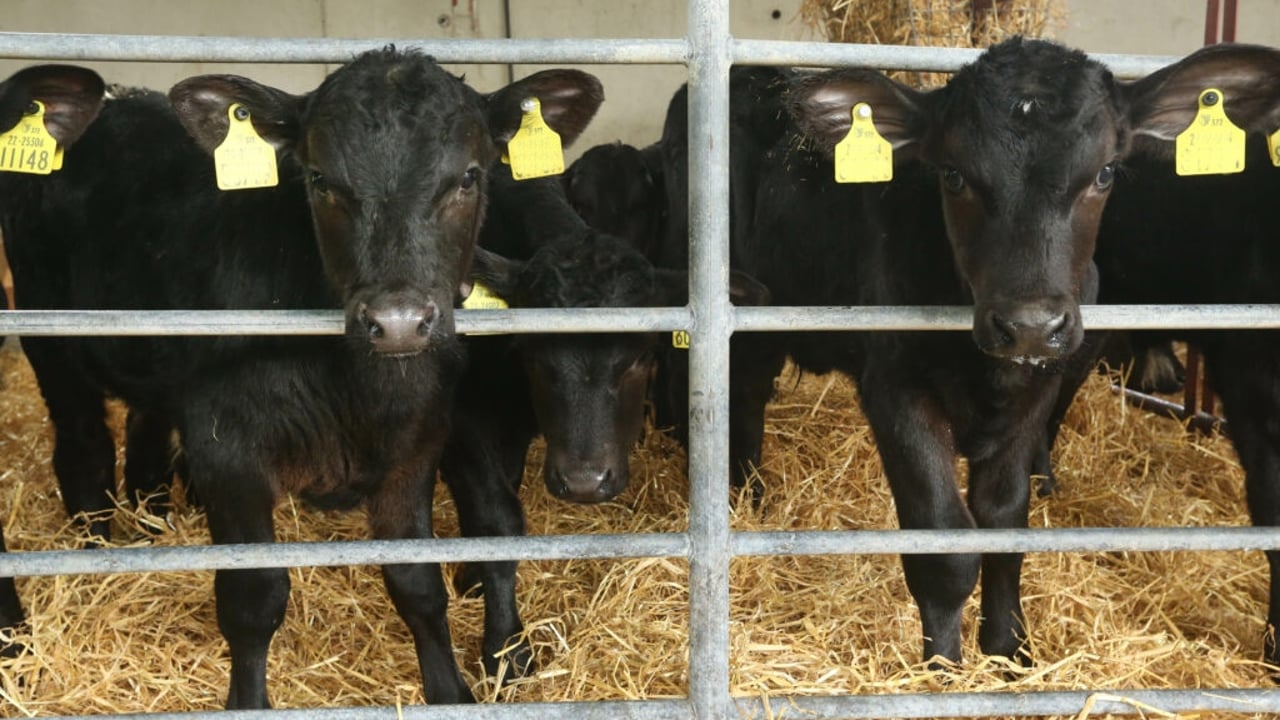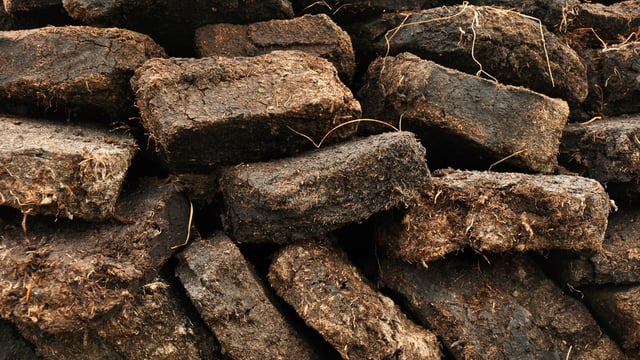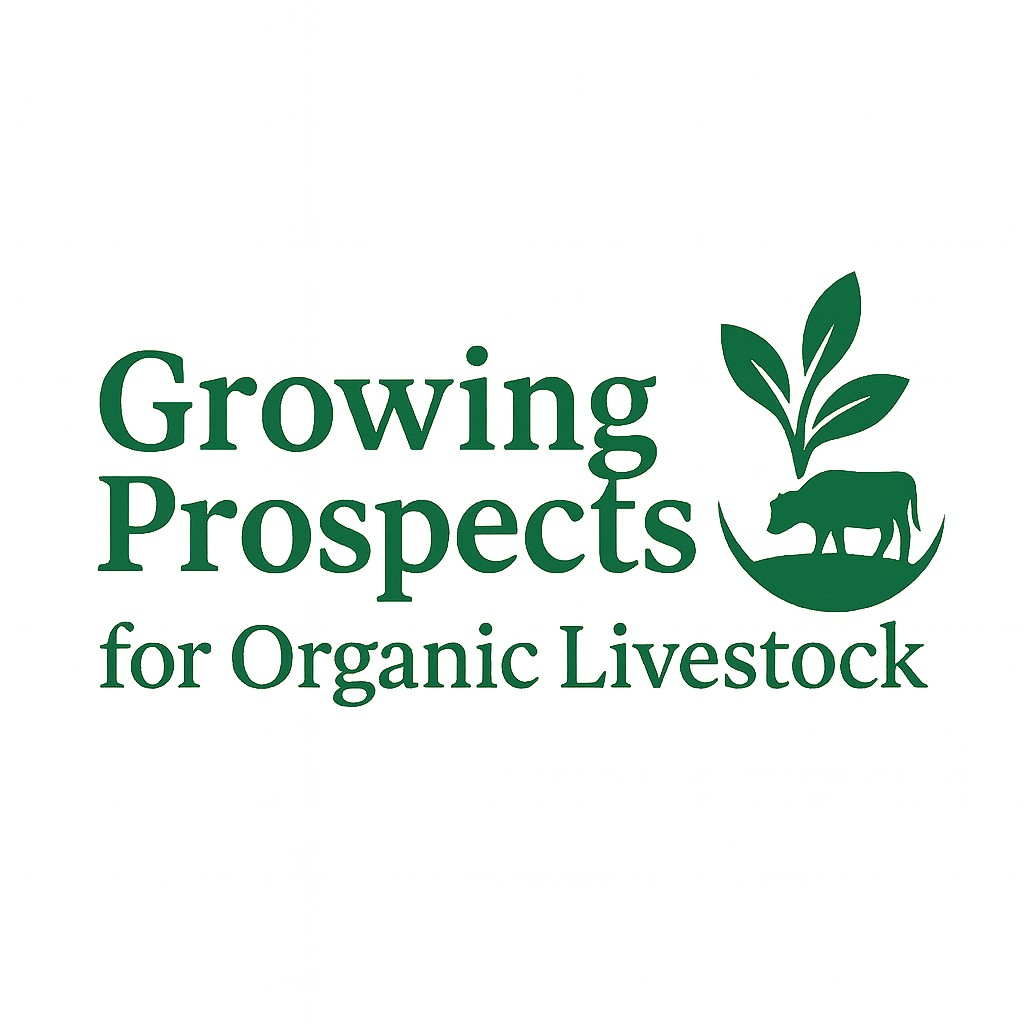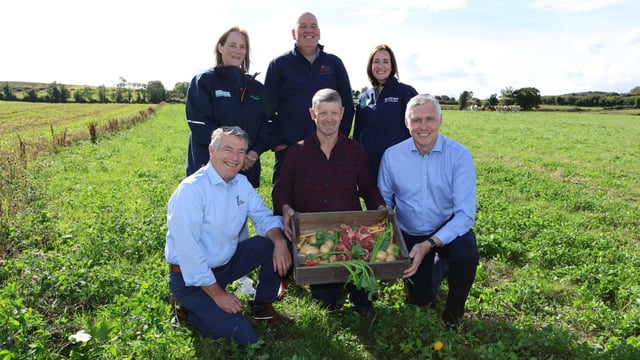Dairy-beef conference hears of Irish calf sector challenges
An international dairy-beef conference took place in Co. Wexford, on Wednesday, October 16 and Thursday, October 17.
At the first day of the conference, Teagasc’s Dr. Nicky Byrne delivered a presentation entitled: ‘Evolution of Irish dairy-beef production in wake of market and policy change.’
Bob Thompson from New Zealand’s AgFirst also discussed the pasture-based dairy beef production systems in New Zealand on day one of the event and these presentations were followed by a field trip to Teagasc's Johnstown Castle in Co. Wexford and the ABP Demo Farm in Co. Carlow.
The industry event was hosted by Teagasc with the support of ABP Food Group and the British Society of Animal Science (BSAS).
Teagasc’s Dr. Byrne's presentation gave a in-depth description of the evolution of the Irish dairy herd from the 1960's to the present day. The presentation was insightful and acknowledged how policy changed the direction of both the dairy and beef sector in Ireland over the decades.
The presentation also highlighted some of the key challenges faced by the dairy-beef sector in Ireland today - including the thorny issues of calf slaughter and calf exports.
His presentation detailed that in 2023, approximately 182,000 calves born from the dairy herd were exported and and 26,000 were slaughtered under six-weeks-of-age.
He acknowledged that such practices "are perceived negatively by wider society, and are coming under increased scrutiny".
The presentation noted that if these calves are retained to adulthood in Ireland, the majority are likely to be reared in conventional dairy-beef systems where animals are slaughtered between 23 and 28-months-of-age.
Dr. Byrne warned that this would "contribute significantly to methane and total greenhouse gas emissions, thereby creating challenges in meeting the targets set in the national climate strategy".
Another key challenge highlighted was in relation to stocking rates on dairy calf to beef farms.
While Ireland currently receives a derogation from the nitrogen limits as provided for in the Nitrates Directive, revisions to Ireland’s derogation "have and could further reduce the stocking capacity of dairy-beef farms", the presentation noted.
According to Teagasc, analysis of the stocking rate of commercial farms participating in the DairyBeef 500 Campaign, which is a farm improvement programme led by Teagasc involving a network of demonstration farms, in 2023, to achieve a margin greater than €500/ha required a stocking rate of over 170 kg organic N/ha, meaning these farms needed a nitrates derogation.
Dr. Byrne cited research from Teagasc's Alan Dillon which outlined that across the DairyBeef 500 farms, a reduction of 10% in stocking rate would result in a reduction in net margin of €267/ha.
Stay tuned to Agriland for more details from the event.





